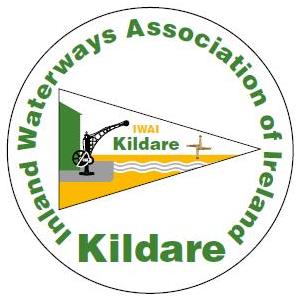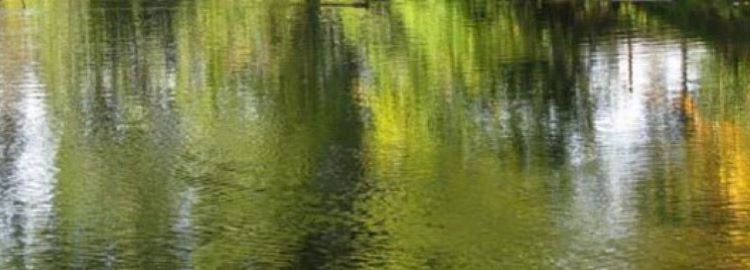In the offices of Heather Humphreys TD, Minister for Arts, Heritage and the Gaeltacht, as of Feb 3rd 2015, “officials are liaising with Waterways Ireland with a view to revising the draft bye-laws”. See Kildare Street.
The proposed bye-laws for the Grand Canal, the Royal Canal and the River Barrow, do not appear to meet the needs of the four types of boaters on these waterways. The threat of these bye-laws and the draconian rules that accompany them are driving boats off the canals.
State Bodies – a paradox
Most Government organisations with a stake in the State’s various recreational amenities, encourage boating
• Kildare Fáilte and other local tourist groups, encourage us to stay awhile; they are promoting slow tourism. That is what boating on the canals is all about – boaters travel at around 4 kph and enjoy staying for several days in places along the canals
• Fáilte Ireland is urging people to holiday in Ireland – boaters like travelling at weekends and spending their holidays on the inland waterways
• The Heritage Council encourage us to value, preserve and visit our built heritage. Our built heritage makes Ireland more attractive to visitors from abroad – all along the canals are wonderful examples of what our ancestors built
• Local Councils and Communities encourage boaters to visit and participate in their festivals and events, in fact in many cases it is a joint effort between waterways organisations and local communities
• Other state bodies encourage visits to amenities located in the bogs, woods, forests and parks, many located alongside waterways
• Overall, boaters bring a huge spend to small towns and villages who otherwise, are not visited by tourists. Boats on navigations add value appreciated by visitors, from home and abroad; this value cannot be measured on a Balance Sheet or P&L
On the other hand, Waterways Ireland (WI) is reducing the use of the Grand Canal, Royal Canal and River Barrow as a recreational amenity, by proposing new bye-laws. Some of the negative aspects of these proposed bye-laws are
• boaters will have to move along the canal as fast as possible and stay in places for under 4-5 days or face large fines
• they assume people travelling along the waterways can move their boats any day of the week, they do not cater for those who work
• they restrict many boaters who want to navigate the canals to mooring in one spot for the year – because there is no guarantee that their mooring spot will be available on their return if they do go boating
• they inhibit many boaters to mooring in places away from public transport and amenities, with some having to moor in unsafe areas
• they levy additional fees on boaters for locating their boat on the Grand, Royal and Barrow navigations (the equivalent of property tax) ranging from an extra €152 to €3500 pa with annual deposits
• they contain a series of rules which are unclear at best, but in some cases make it impossible to live or navigate on the waterways
• they have forced some boaters to leave the Grand, Royal and Barrow because of uncertainty and fear as to what will happen to their boat
Note: In-depth information on IWAI’s concerns on the proposed bye-laws can be obtained here IWAI Submission
Currently boaters pay for a Combined Mooring and Passage Permit (CMP) for navigating and mooring in any place on the Grand, Royal and Barrow. This allows them holiday and travel along the waterways of Carlow, Dublin, Kildare, Kilkenny, Laois, Longford, Meath, Offaly and Westmeath.
Recreational Amenity
Navigable waterways, like other recreation amenities, give people from home and abroad the opportunity to
• get out into the outdoors
• value nature – flora and fauna
• enjoy healthy hobbies be it angling, boating, canoeing, cycling, kayaking, running, walking et al
• appreciate our built heritage and the skill and work our ancestors put in designing and creating the waterways, the locks, bridges and buildings
• learn about our history, the towns and villages affected by the navigations and the way people and goods were transported in the past
• appreciate one of the last things their ancestors may have seen in Ireland, before they emigrated to the ‘New World’. Watching boats continue to traverse these waterways today, paints a memorable picture.
Like many of our public recreation amenities (forests, parks, playgrounds, cycle ways, walks, public toilets, swimming pools and heritage sites), the cost to provide these services cannot just be measured in revenue from users. Fees paid by anglers, boaters, cyclists, runners and walkers cannot meet the expenditure required to maintain them. Boats on the canal add character, people stop to watch a lock in operation and know that boats have been rising in the water from Dublin to the summit and going down to the Rivers Shannon and Suir in this same way, for over 200 years.
What Boaters Want
Boaters want Fair Bye-laws and Fair Charges that will meet the needs of all boaters and the needs of anglers, cyclists, runners, walkers and all the other groups who use these navigations.
Boaters want the opportunity to review the current edition of the Bye-laws before they are signed into law.
And most of all, Boaters want to continue to use the Grand Canal, the Royal Canal and the River Barrow as well as all the other wonderful waterways on this island.
EOL 2015
2016 – IWAI continues to campaign to safeguard the future of the waterways in
Carlow, Dublin, Kildare, Kilkenny, Laois, Longford, Meath, Offaly Westmeath
IWAI Canal Legislation

